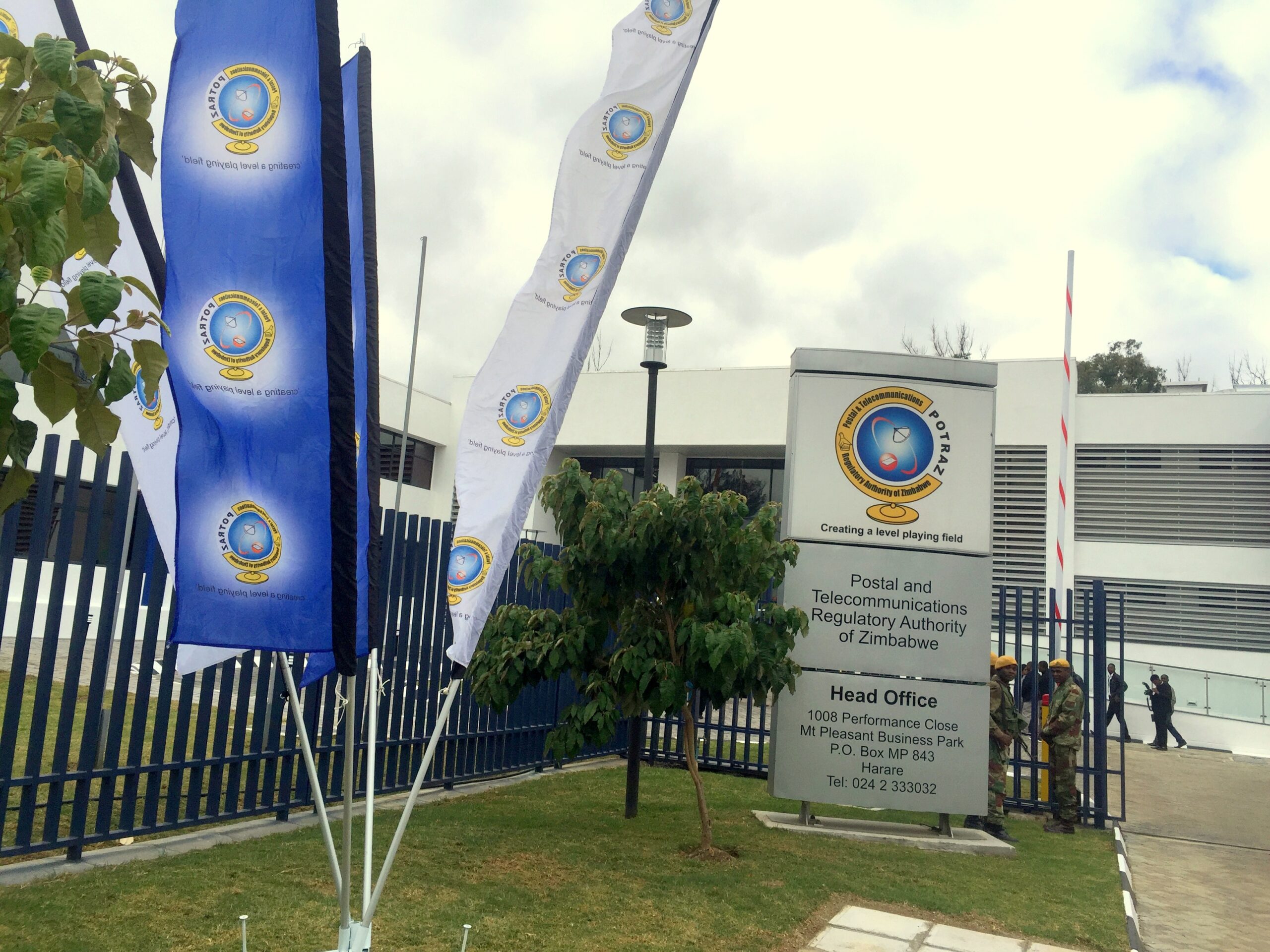Covid-19 exposes need for robust telecoms infrastructure
The Minister of Information and Communication Technologies, Postal and Courier Services, Dr Jenfan Muswere, says the Covid-19 pandemic has shown that every country needs to develop robust telecommunication infrastructure so that no citizen will ever be left unconnected in times of pandemics.
Dr Muswere said access to reliable data and internet services coupled with ICT gadgets such as computers and smart phones should be a prerequisite for every citizen to get by.
This comes as the pandemic exposed the digital gaps in Zimbabwe between the haves and the have-nots.
As the country and the world over implemented various levels of lockdowns to limit the spread of the pandemic, more people turned to technology at household level, businesses, education, retail and health services. But the unprecedented closure of schools and restrictions to movements allowed a wide digital gap between the affluent schools and the less affluent like those in the rural communities.
For corporates, big businesses managed to operate riding on technology while smaller businesses suffered due to inadequate ICT infrastructure and the cost of going digital.
For health services, better resourced individuals sought consultation services online while the less resourced remained unattended further showing the digital divide in the country.
The same was the case for shopping while religious groups like churches also moved to online services leaving behind multitudes of followers without access to data and internet services.
Dr Muswere indicated this was a wakeup call for developing countries such as Zimbabwe and showed the need for more investment into the sector to ensure accessibility by every citizen.
“We have learnt many lessons from Covid-19 about the digital divides, irrespective of whether the digital divide is between countries, persons of different economic background, genders, rural and urban populations, or institutions,” he said while presenting before the International Telecommunications Union (ITU) World Summit on the Information Society (WSIS).
“Covid-19 has made people and businesses rely more on technology. Governments, households, hospitals, businesses and schools, among other institutions, were getting by reasonably well, with little to moderate technology use, until January and February 2020.
“Then came Covid-19, and everything changed and so did our concept of the digital divides and their nature.
“We have drawn a number of lessons from our experience during Covid-19. Firstly, we learnt that every member of society now needed a computer to lead a semblance of comfortable and normal life.
“Secondly, that it had become imperative to bridge the digital divide between the haves and have-not’s. Reliable internet infrastructure and service, coupled with appropriate skills being a prerequisite,” he said.
Dr Muswere added the pandemic also slowed the race towards meeting the Sustainable Development Goals (SDGs) on eradicating poverty and hunger, good health and well-being, quality education, reduced inequality and, decent work and economic growth, as everything has become virtual and the world including Zimbabwe, had been caught by surprise highlighting the need to be better prepared.
In line with this, the country is extending its broadband infrastructure across the nationwide and has unveiled an e-learning strategy as well as strengthening its e-health delivery systems.
Under this initiative, 13 more telecommunication tower sites are to be constructed as well as expand and optimise the mobile network by setting up 1187 sites for the deployment of 2G, 3G, 4G and 5G services.
Additionally, 1 500 schools are set to be equipped with e-learning equipment and connectivity while 1 700 health centres and 20 local authorities are set to be connected.
Further, 16 smart agriculture projects are expected to be funded.
Dr Muswere further quipped that innovative policy making and a robust broadband plan such as the one developed by Zimbabwe becomes a necessity in order to connect all its people.
He said: “Zimbabwe will leave no stone unturned, as it seeks to digitally transform itself and so should other administrations. Let us roll up our sleeves and connect the unconnected.”-herald.cl.zw











